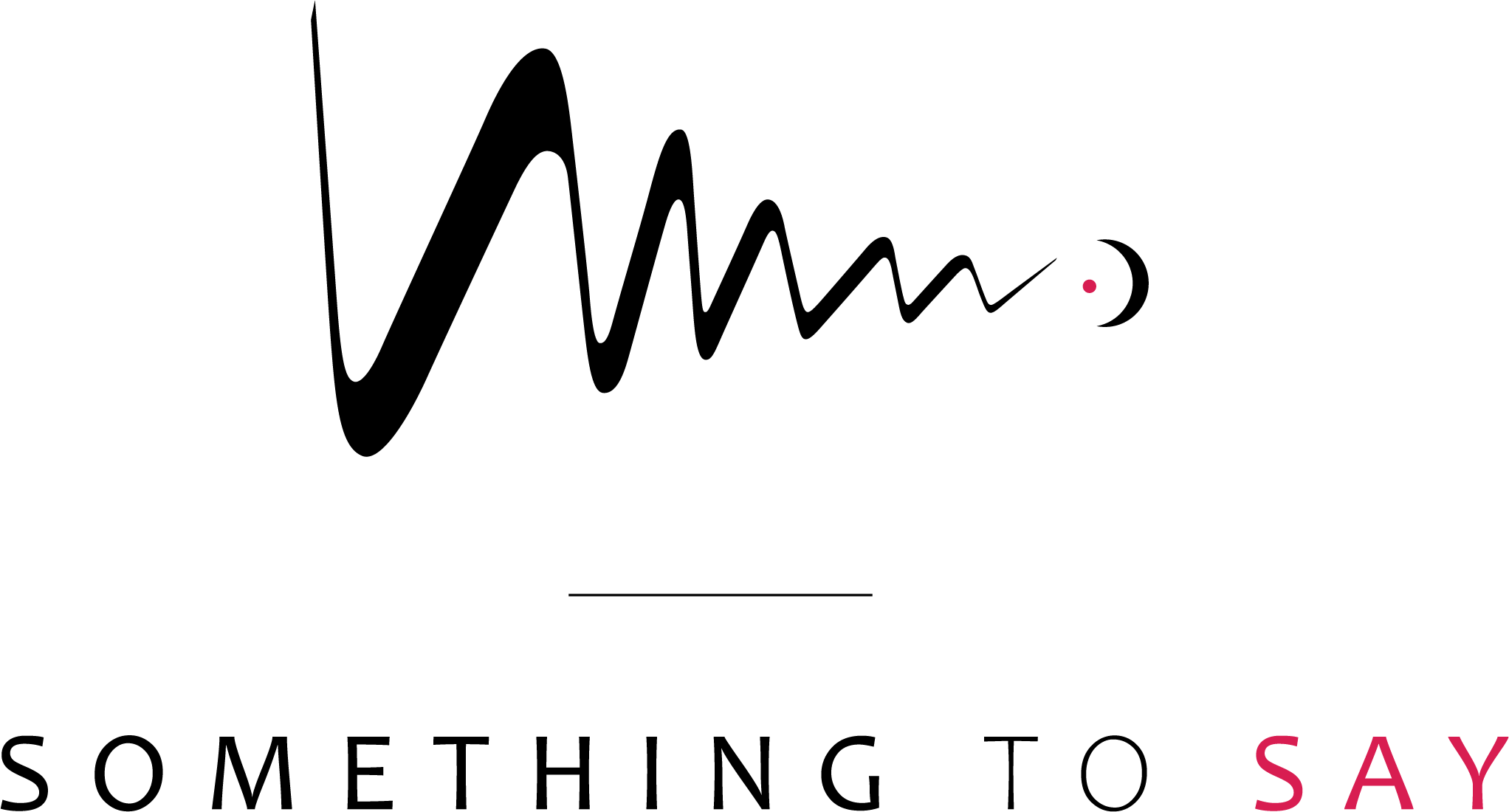Have you heard about PTSD? Post Traumatic Stress Disorder is a mental disorder that can occur in people who have experienced or witnessed a traumatic event.
PTSD in children
Children and adolescents can experience the same emotional challenges and behavior symptoms of post-traumatic stress disorder as adults.
Situations with a high level of stress and anxiety affect kids just as it affects adults. But children’s brains are more vulnerable to the effects of a stressful situation and could lead to irreversible damages.
While the adult’s brain is able to selectively disconnect from the traumatic event (to protect himself/herself from the suffering caused), children find more difficulties, and their brain system inflicts a general disconnection as a measure of protection. The brain system of a child disconnects from EVERYTHING, good or bad.
What are the main children’s responses to stress?
There are three psychological responses to long-lasting stress: Fight, Flight, Freeze.
In refugee camps, kids suffer aggressive behaviors ‘Fight’ and hyperactivity ‘Flight’ because of these high levels of stress and traumas.
But the most problematic one is the state of high dissociation or ‘Freeze’. Children in this state have a harder time responding to external stimulus. Their emotions are blocked and they feel apathetic.
Parents may think “My child is so calm and quiet. She/he is all right”. But this is a common mistake. The state of dissociation and blocking is dangerous as the kid is progressively disconnected from reality “they may feel as if in a dream or somewhere else in the room watching what is happening”.
Children living in refugee camps take distance from themselves avoiding anxiety, losing their notion of identity and positioning themselves as an outside observer. They create a comfort and a security zone in their minds that progressively move them away from reality.
What is currently happening in refugee camps?
According to an article by Doctors Without Borders (MSF), almost a quarter of children have self-injured or have thought/attempted suicide. Many others suffer anxiety attacks, aggressive behaviors, or remain completely mute.
Children are victims.
What about European institutions and children’s protection rights?
The EU’s lack of response only makes it worse as children are completely abandoned in refugee camps: without education, without legal protection, without mental health support. EU institutions are looking the other way from the problem.
Europe needs a new migration policy that protects the rights and health of incoming children.
